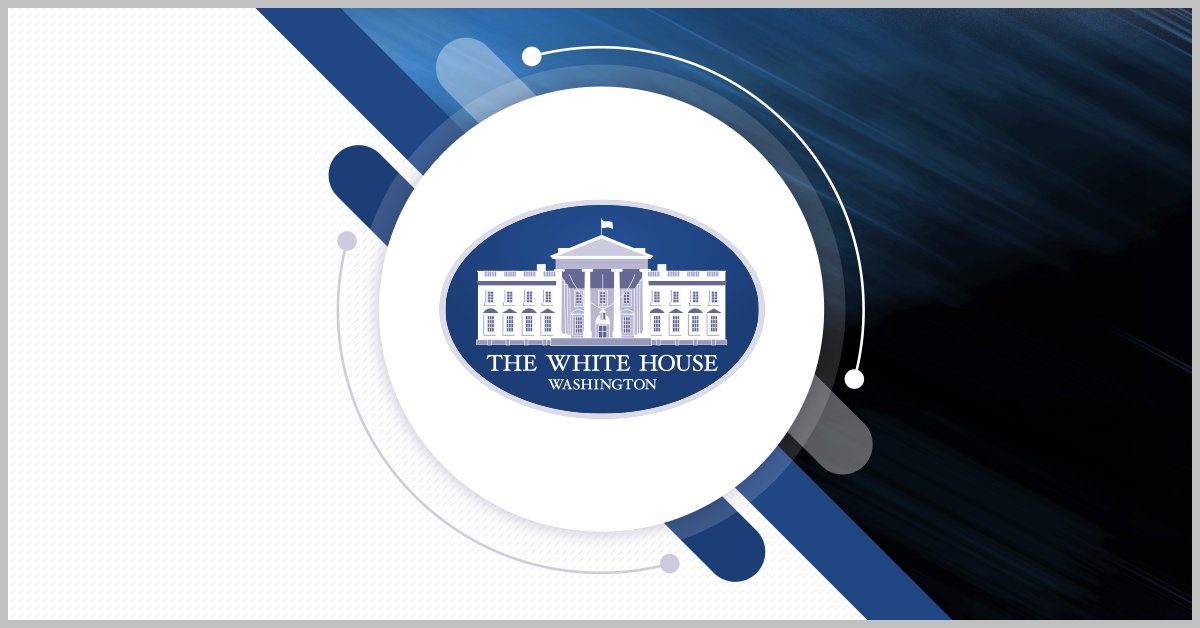President Donald Trump’s budget request for fiscal year 2026 seeks to reduce the topline discretionary budget by $163 billion, reflecting a 23 percent cut from the enacted FY 2025 level.
Table of Contents
Increasing Defense Spending by 13%
The White House said Friday the Office of Management and Budget sent to Congress the president’s budget proposal, which would increase defense spending by 13 percent to $1.01 trillion in FY 2026.
The proposed budget seeks to prioritize investments in initiatives that intend to reestablish deterrence; strengthen the security, safety and sovereignty of the homeland; revitalize the U.S. defense industrial base; and deter Chinese aggression in the Indo-Pacific region.
Raising DHS Appropriations by Nearly 65%
The administration’s budget request includes a nearly 65 percent increase in appropriations for the Department of Homeland Security to support investments in border security efforts.
The proposed budget includes an additional $500 million for the U.S. Immigration and Customs Enforcement to speed up the removal of illegal aliens through the support of 50,000 detention beds and $766 million for the procurement of border security technologies. It also includes funding to maintain 22,000 Border Patrol agents and hire more Customs and Border Protection officers.
Supporting Space Flight
The budget request includes over $7 billion for NASA’s lunar exploration missions and $1 billion in new investments for Mars-focused programs.
The proposal would also streamline NASA’s IT services, workforce, facility maintenance, center operations, and construction and environmental compliance activities.
Realigning Foreign Aid
Under the budget blueprint, the current administration would reorganize the U.S. Agency for International Development into the Department of State and expand the U.S. International Development Finance Corporation, or DFC, to support American interests and U.S. national security.
The president’s budget proposes $3 billion for a new revolving fund to enable DFC to recycle realized returns from its initial investments.





